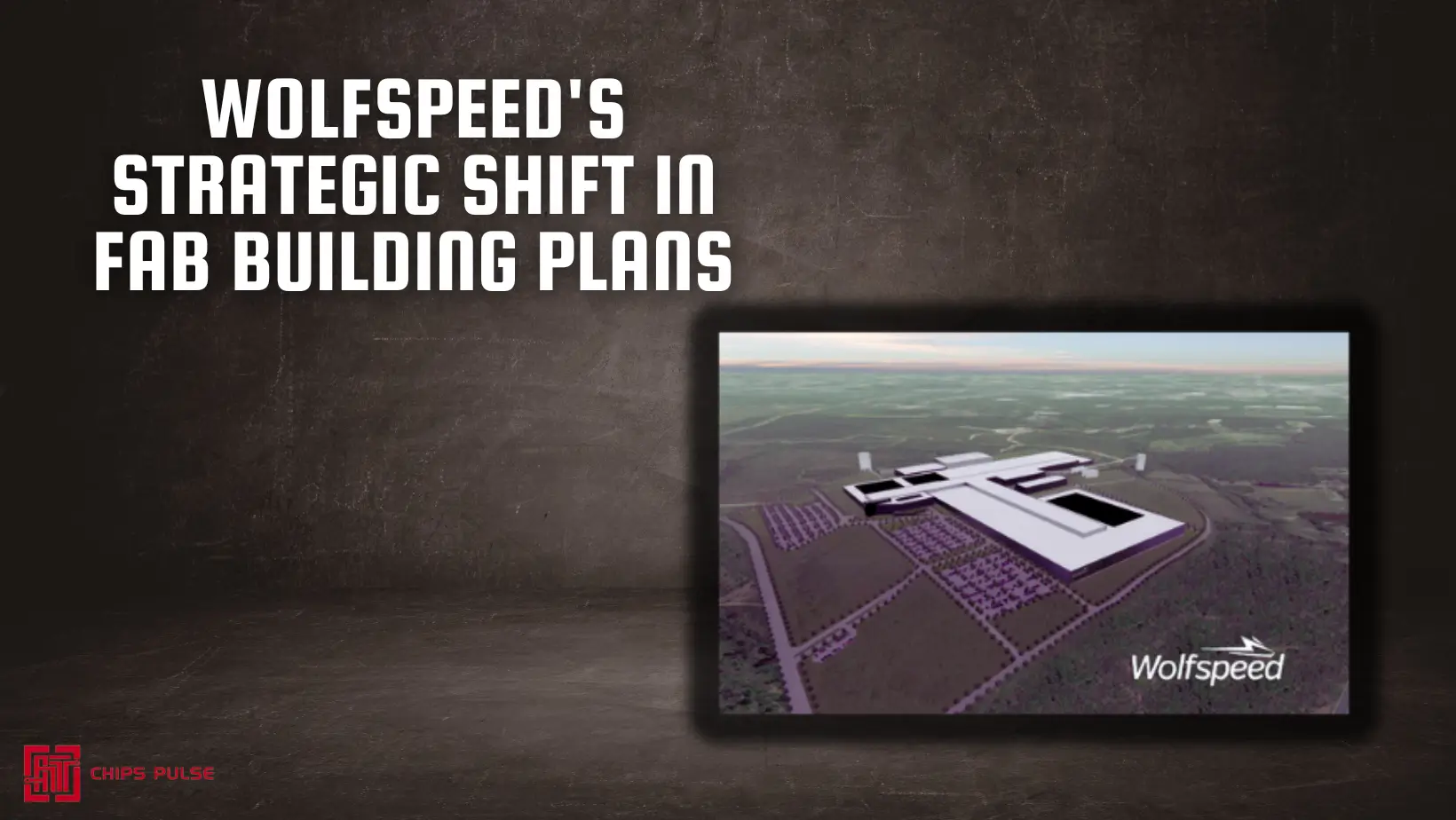Wolfspeed, a prominent player in the semiconductor industry, has recently announced a significant adjustment to its expansion strategy. Originally slated to invest $3 billion in a new fabrication facility in Saarland, Germany, the company has opted to delay this project. Instead, Wolfspeed has chosen to prioritize its investment in New York, marking a notable shift in its global investment focus.
The decision to postpone the Saarland fab construction is multifaceted. One primary factor cited by Wolfspeed is the current economic landscape, particularly the subdued demand from electric vehicle (EV) manufacturers, a key market for their semiconductor products. This weakened demand has influenced Wolfspeed's strategic planning, prompting a reevaluation of their expansion timelines and priorities.
Moreover, the European Union's efforts to attract foreign semiconductor manufacturers to establish fabrication plants within its borders have faced delays. Despite intentions to bolster the region's semiconductor infrastructure, progress has been slow. For instance, Intel's proposed fab-site in Magdeburg, Germany, which was expected to contribute significantly to the EU's semiconductor ambitions, has yet to commence construction.
Wolfspeed's decision underscores the complex interplay of market dynamics, geopolitical strategies, and economic conditions shaping the semiconductor industry's landscape. By deferring the Saarland project and redirecting resources to New York, Wolfspeed aims to adapt to current market realities and position itself strategically for future growth opportunities in semiconductor manufacturing. This strategic recalibration reflects the company's proactive approach in navigating the evolving global semiconductor market.
